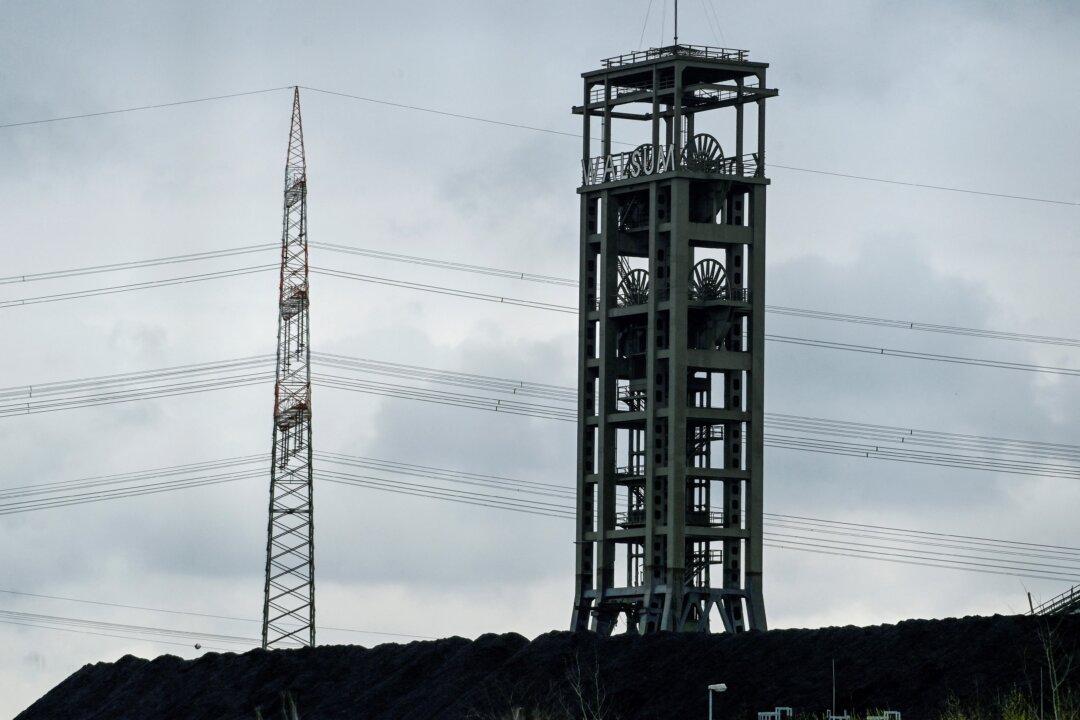Mobile phones may go dark in Europe this winter due to the energy crisis potentially affecting much of the cellular network across the continent.
The massive reduction of Russian gas supplies to Europe over the Ukraine conflict has led to the specter of power cuts, resulting in a panic among the European telecommunications industry, according to Reuters, which reported that industry executives fear that a harsh winter would seriously put their infrastructure under stress.
Utility companies and government officials in the European Union are trying to mitigate the impact of such a disaster.There are currently not enough back-up systems across the continent to handle the widespread power shortages, which will likely lead to mobile phone outages, phone executives told Reuters.





